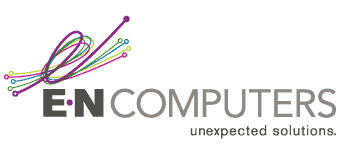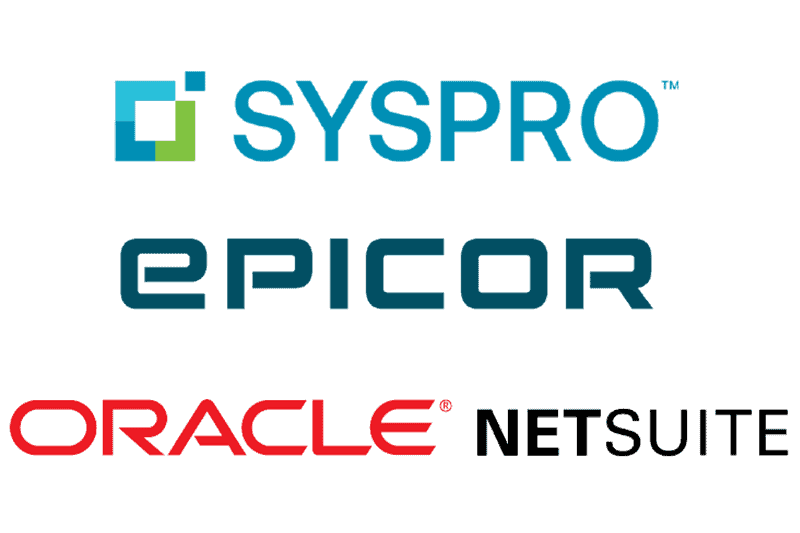
 by Scott Jack
by Scott Jack
Content Contributor, E-N Computers
7+ years experience in healthcare IT and tech support.
Enterprise resource planning (ERP) software is a powerful tool for automating business processes, improve efficiency, and enable deeper insight into company data. Whereas accounting software focuses on tracking the financial health of your company, ERP systems are far more comprehensive. They facilitate inventory management, supply chain management, human resources, and other core business functions. Instead of having information silos across a company, the ERP brings all your internal data into one place, enabling real-time dashboards and automating the flow of information between departments. Businesses in many industries are making use of ERP software as they realize the potential for streamlining processes and having more accurate, up-to-date data when making decisions. Among all the industries that use ERP systems, they are most common in manufacturing.
In fact, ERP software has deep roots in the manufacturing industry, which started looking to computerize inventory management in the 1960s. Gradually, features were added until all major business functions were supported. To modernize and avoid the Y2K bug, large corporations in other industries started implementing this kind of software in the 1990s. But because of high upfront costs, small and medium businesses were left out. As the customer base became more diverse, vendors began customizing ERP solutions to the needs of industries like healthcare, education, and hospitality. With the software-as-a-service (SaaS) subscription model, ERP software is now more adaptable and accessible to smaller organizations.
Despite its greater accessibility, ERP software is still intended for established businesses. In this article, we’ll discuss when ERP may be a good fit, what to look for when considering software options, and a few recognized names in ERP software. First, is ERP software right for you?
QUICK ANSWER:
What is the best ERP system for my small business?
This depends on the industry you’re in and what you want to achieve by implementing the software. We see businesses with either Syspro or Epicor, which are great for manufacturing, distribution, and retail. If you’re in another industry, consider looking at ERPs that offer a specialized solution for your industry.
Do I Need ERP Software?
 As mentioned above, ERP software is for mature businesses with complex requirements for accounting, processes, and reporting. Software makers and resellers are careful to point out that successfully implementing ERP requires a careful analysis of your business processes, including pain points, streamlining opportunities, and what results you hope to achieve with the software. Here are a few things that might indicate it’s time to consider an ERP solution.
As mentioned above, ERP software is for mature businesses with complex requirements for accounting, processes, and reporting. Software makers and resellers are careful to point out that successfully implementing ERP requires a careful analysis of your business processes, including pain points, streamlining opportunities, and what results you hope to achieve with the software. Here are a few things that might indicate it’s time to consider an ERP solution.
You are pushing your current software to its limits. When you chose your accounting or HR software, it had all the features you needed and room to grow. Now, you’re constantly bumping into its limitations and looking for workarounds. You might need more advanced inventory control, more flexible reporting, multi-currency support for global sales, support for multiple business units or sites, or want the benefits of an integrated e-commerce platform.
Your different systems don’t work well together. You have several systems with related data, but they don’t talk to each other. You’re relying on spreadsheets to manage operations or to export and import data between systems. Because data doesn’t flow seamlessly between your systems, staff does not always receive critical information on time. And because your internal data is spread across so many systems, you have to hunt for it and reconcile it—which complicates your ability to make data-driven decisions.
Your customers aren’t happy. Your customer satisfaction can be negatively affected by inventory issues, inaccurate invoicing, and a customer service team that doesn’t have a complete view of a customer’s past interactions with your business. If your customers have noticed the limits of your systems and processes, it’s time to take corrective action.
Does it sound like your organization may benefit from an ERP system? There are a few criteria to keep in mind as you evaluate your options. Let’s go over them.
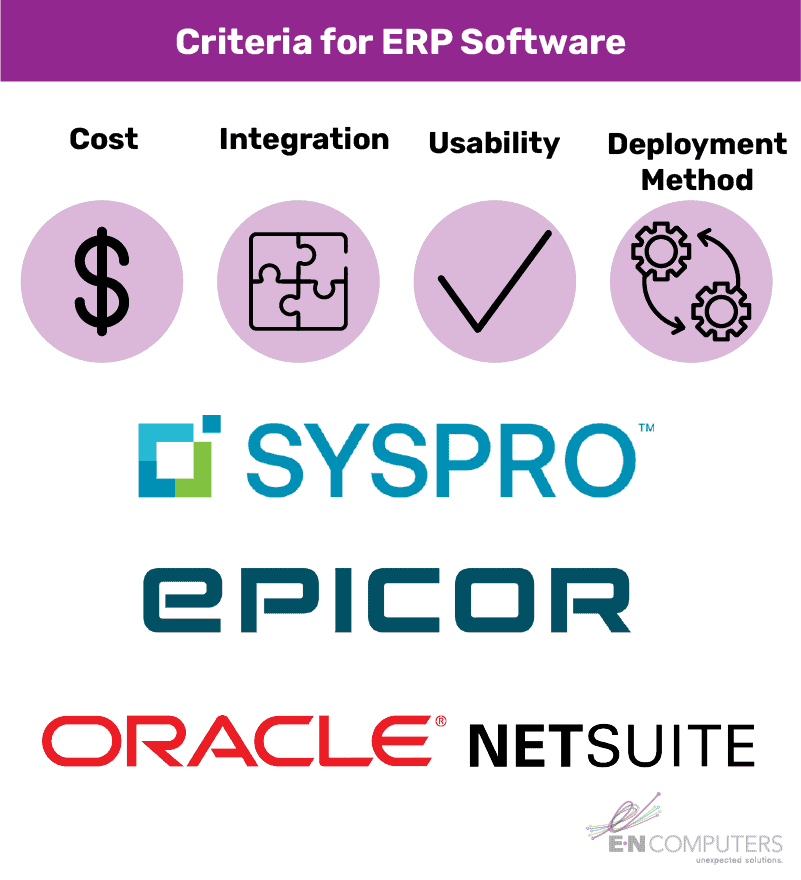
Criteria to Consider When Choosing
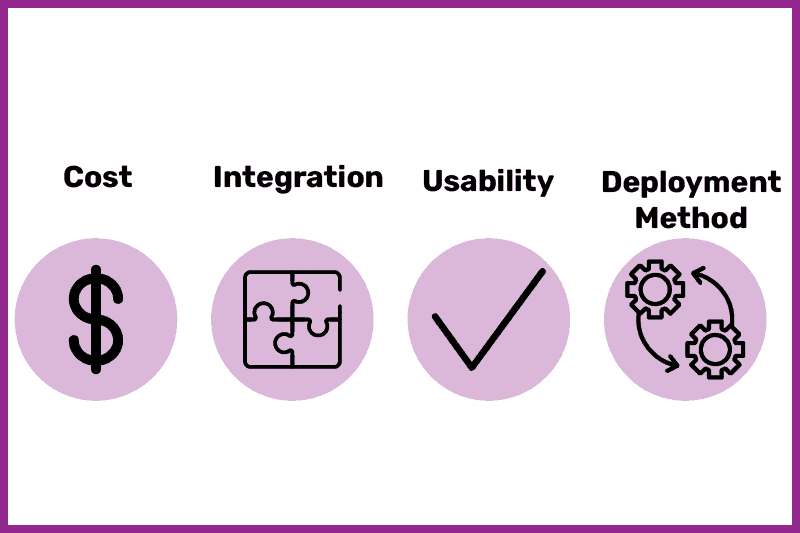 When looking at ERP solutions, we encourage you to look at cost, integrations, usability, and whether it’s web-based or self-hosted.
When looking at ERP solutions, we encourage you to look at cost, integrations, usability, and whether it’s web-based or self-hosted.
Cost
The price of ERP software depends on several factors, including the number of users; add-on modules; customization; whether it is on-premise or web-based; maintenance and support fees; and implementation and training. Because the software encompasses all core business functions, the implementation process is known for being long and expensive.
Purchase and implementation usually happen through a value-added reseller (VAR), rather than directly with the software maker. Resellers, sometimes called partners or solution providers, will ask questions to get familiar with your business needs, processes, and what goals you want to achieve by implementing an ERP. They will help you select the best combination of features to address your needs, set up your processes in the software, and train your users.
Integration
While all of your core business functions can be brought under the umbrella of your ERP software, you may have software outside of the ERP that you want to integrate with—such as an e-commerce platform, CRM software, or your HR/payroll solution. For example, if your ERP does not have an e-commerce module or you’re not ready to implement it, you might prefer to integrate with Shopify. As a Microsoft 365 customer, you may want tight integration with Office apps, SharePoint, and OneDrive. Or if you do a large amount of business with a customer or supplier, you may want to make sure that your systems support electronic data interchange (EDI), so that you can seamlessly send documents back and forth.
Usability
Deployment Method
The Most Popular Small Business ERP Software
Syspro
Epicor
Like Syspro, Epicor is available as a self-hosted or cloud-based solution. It offers solutions for businesses in the automotive, manufacturing, distribution, retail, and building supply sectors. Epicor is very complex and flexible, but this sometimes means that it is not as approachable as Syspro. It comes with a wealth of training materials that covers just about every task a person will do; however, you must back out of whatever you’re doing, go to the main screen, and go to the Education section of the software to access them. Epicor plans start at $175/user/month.
Oracle NetSuite
NetSuite is a web-based ERP solution and is consistently ranked as one of the best choices for small businesses. It uses a modular design so you can choose exactly the features you need; these modules come a la carte or as industry bundles so that you have the tools and processes you need built in from the start. Because of its wide usage, there are integrations available for almost any tool you might use, and there are vendors that offer pre-built integrations for an annual subscription fee. Plans start at $999/month plus $99/user/month for the core feature set.
There are other options to choose from, such as Acumatica, SAP Business One, and Microsoft Dynamics 365. Because of the costs associated with implementation, training, and licensing, we encourage you to take your time evaluating your options. Make sure to do so in light of your pain points, processes that have been identified as needing improvement, and what goals you want to achieve by implementing an ERP. A team made up of stakeholders and an executive can be especially useful during this process; resellers even encourage such a team to ensure successful implementation.
Technology has the potential to supercharge your business processes; but it can also hold you back. If you feel like your organization needs some technology improvements, we invite you to use our 5 minute IT Maturity Evaluation. It will help you identify areas for improvement and provide action items to get started. Start on the path to a mature IT implementation today!
Take the IT Maturity Assessment

Is your business ready to weather changes, including employee turnover? Find out by taking our IT maturity assessment.
You’ll get personalized action items that you can use to make improvements right away. Plus, you’ll have the opportunity to book a FREE IT strategy session to get even more insights into your IT needs.
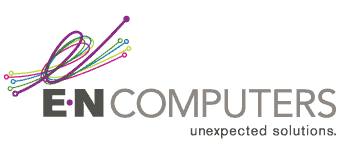
Industries
Locations
Waynesboro, VA
Corporate HQ
215 Fifth St.
Waynesboro, VA 22980
Sales: 540-217-6261
Service: 540-885-3129
Accounting: 540-217-6260
Fax: 703-935-2665
Washington D.C.
1126 11th ST. NW
Suite 603
Washington, DC 20001-4366
Sales: 202-888-2770
Service: 866-692-9082
VA DCJS # 11-6604
Locations
Harrisonburg, VA
45 Newman Ave.
Harrisonburg, VA 22801
Sales: 540-569-3465
Service: 866-692-9082
Richmond, VA
3026A W. Cary St.
Richmond, VA 23221
Sales: 804-729-8835
Service: 866-692-9082
